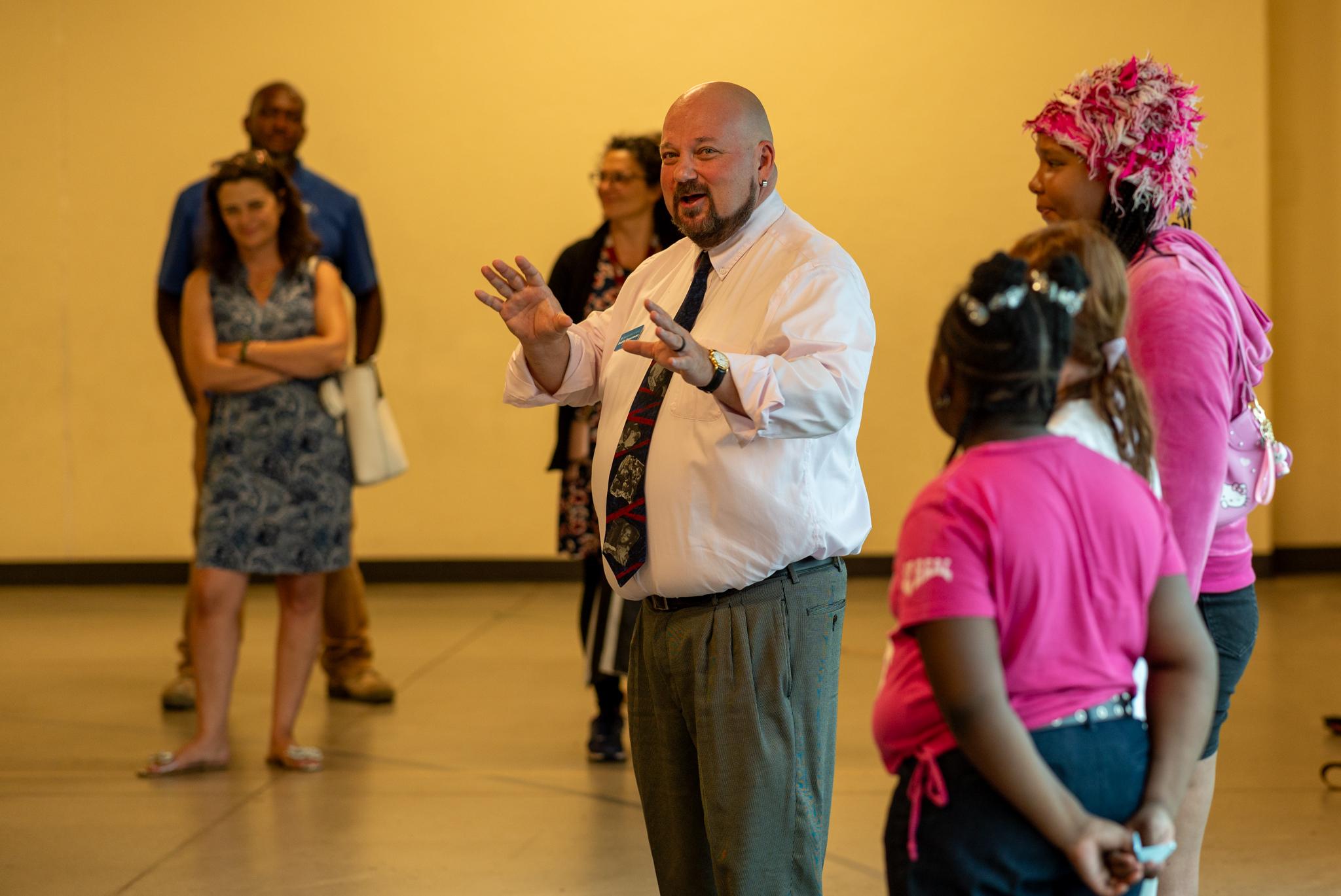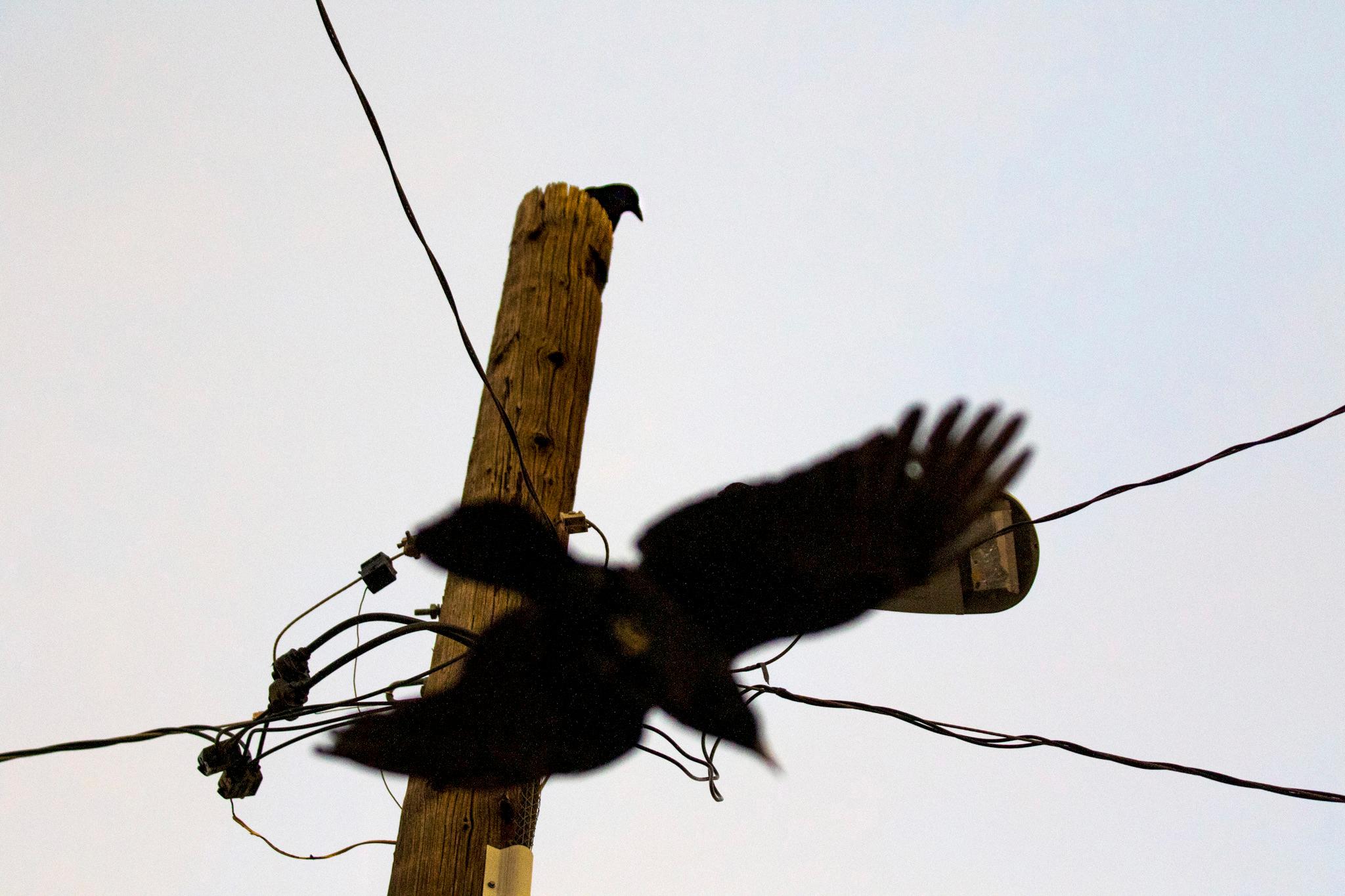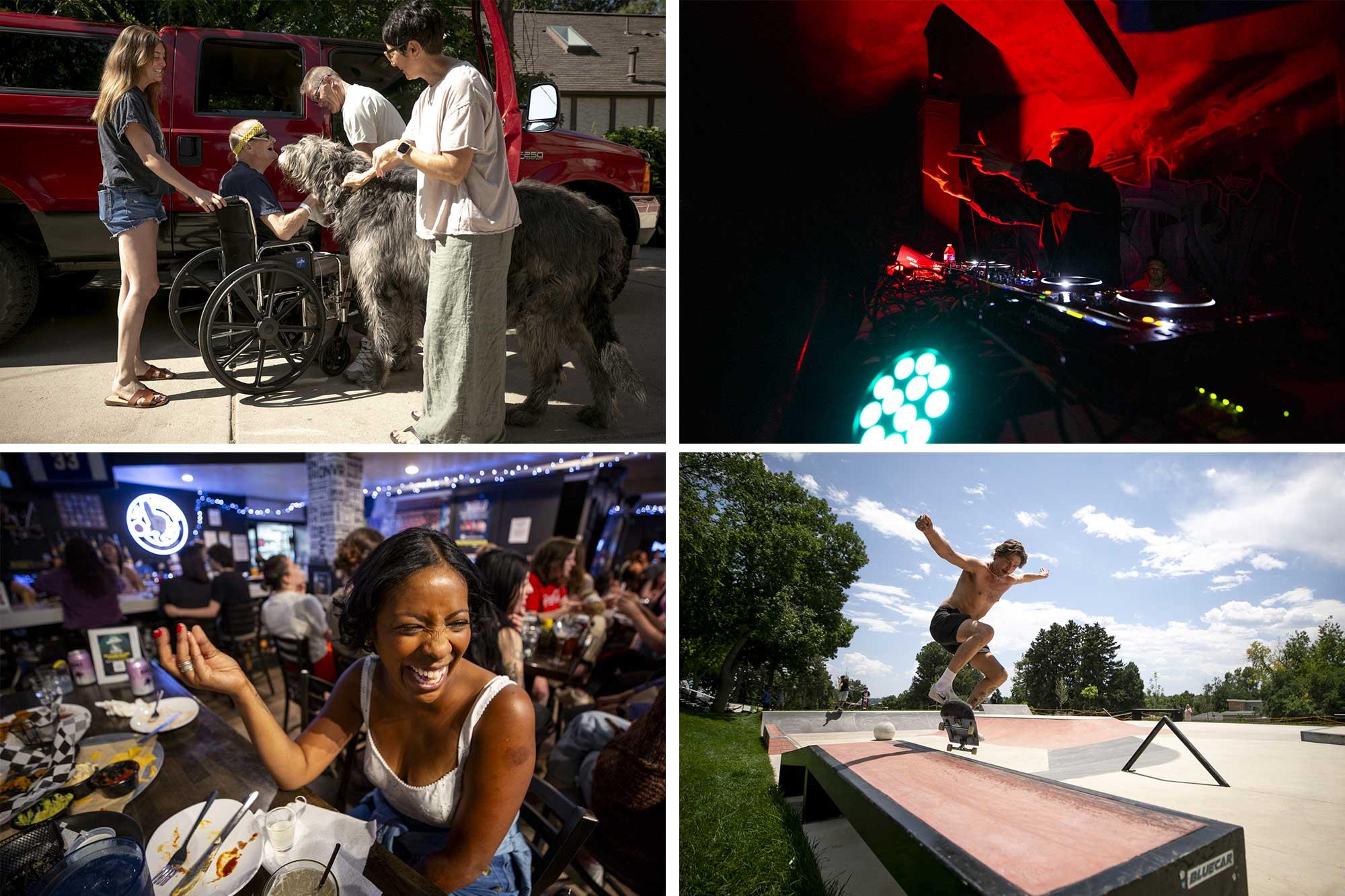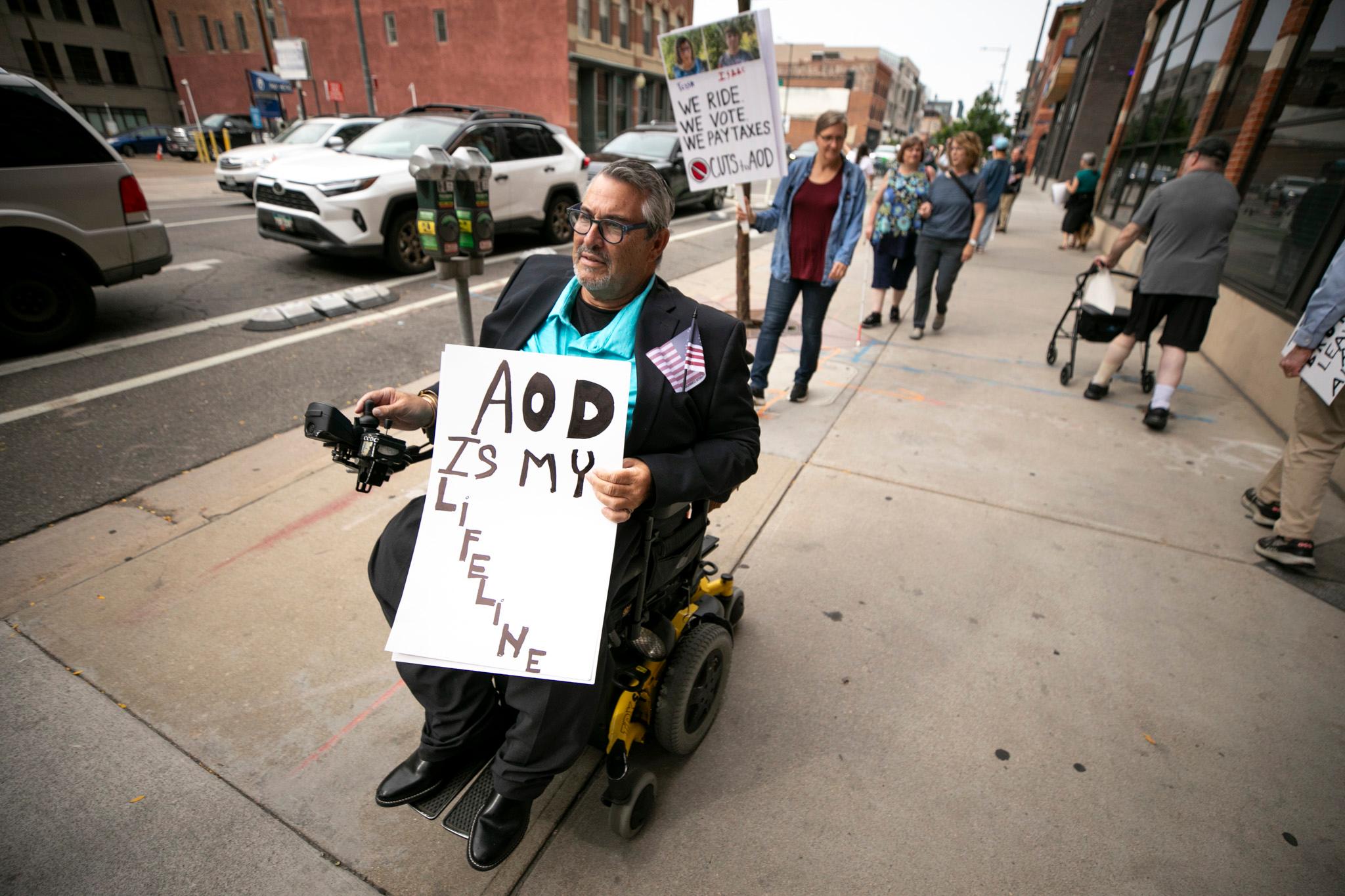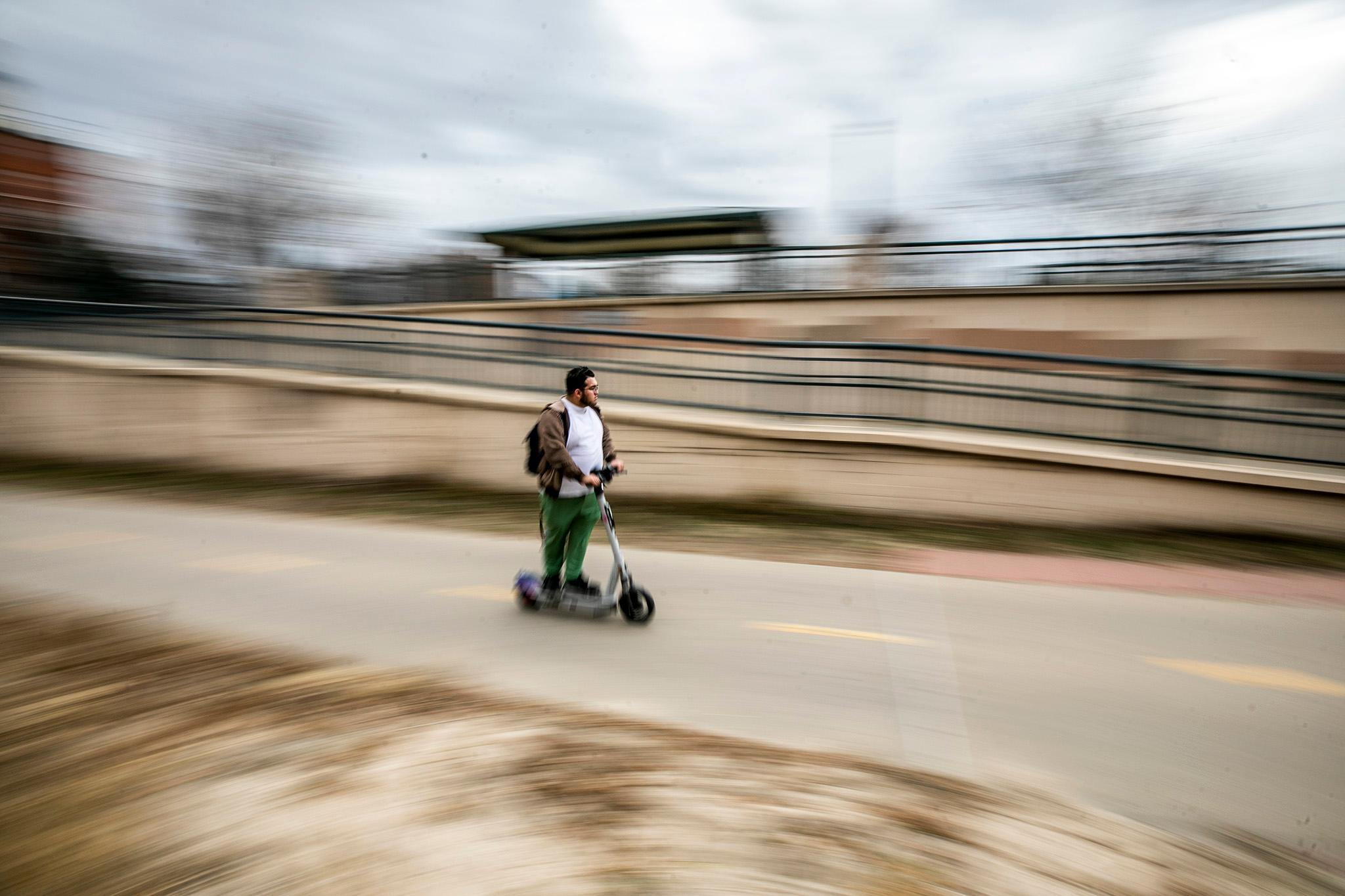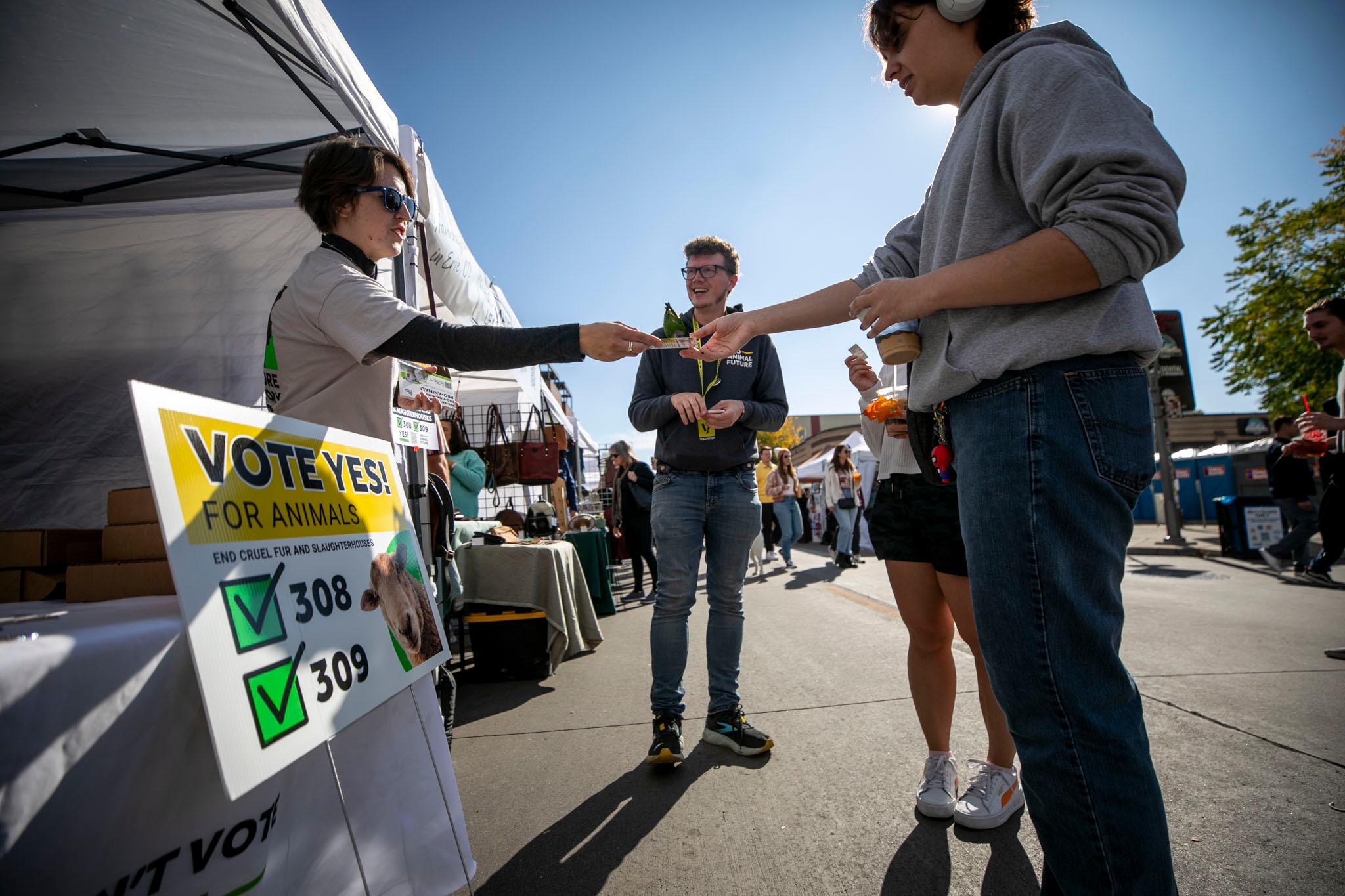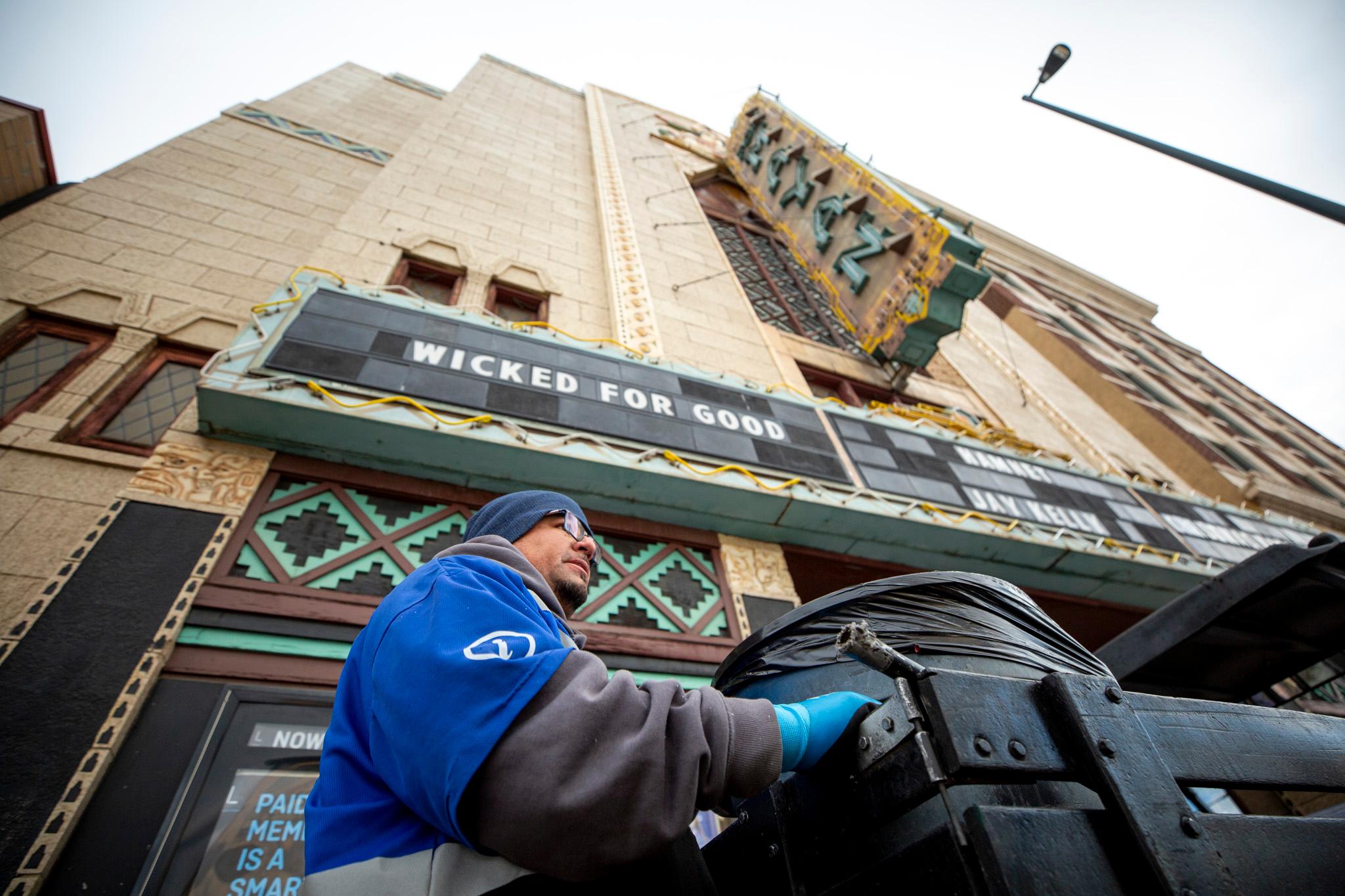A few months ago, a group of elementary school students from Monarch Montessori in Montbello came to the Denver City Council to ask for expanded classroom space and improved pedestrian safety.
Instead, the students, two of whom are Black, faced racist language and insults from an unidentified person disrupting the public comment session on Zoom.
But the kids’ advocacy was not in vain. On Thursday, the bilingual Montessori school opened the expanded classroom space that students requested, and improved pedestrian safety is on the way.
“I'm not going to let that hold me back from what I need to do,” said Aniecia Carey, one of the students who spoke at City Council, about the hateful person on Zoom. “I can't hold grudges against people. Some people are going to hate, and some people are going to tell me to follow my dreams and do what I need to do.”
Aniecia and her classmates went to City Council because the school is running out of space.
Monarch Montessori executive director Laura Pretty said application levels at the school are high, including from new immigrants who are interested in the school’s bilingual program.
Schools looking for more space often get temporary trailers. But some Monarch students wanted something less conventional: a yurt. The circular structure would be used for music classes, freeing up room for more classrooms in the main building.
The school had the funds for the expansion but was struggling to get a city permit because no school had asked for a yurt before.
Students also planned to ask for improved crosswalks, crossing guards and other pedestrian safety upgrades at Peoria Street near the school. But they didn’t get that far into their comments to the council members because of the hateful disruption.
“I was shocked that prejudice is still around, first and foremost, because I'm 49 and I never experienced any of that, getting targeted,” said Carey’s mother Ivery Maven, who grew up in Denver.
“We try to treat everybody the same way, and we teach that in our home,” Maven said.
Now the students are getting their yurt and safer streets near their school.
In the aftermath of the racist incident at City Council, city staff and community members rallied around the students and the school to make the yurt happen.
Councilmembers swiftly condemned what happened and promised to investigate the interruption. Technology staff said they could not identify the perpetrator, and that their IP address traced to the Netherlands — which could likely be inaccurate.
In the months since, City Council helped the school work with other city agencies to get the yurt permits. Denver is also in the process of improving pedestrian safety in the area. The city plans to extend the protected bike lane near the school and add a crosswalk and new school zone signs in the area.
“As a Black Woman, often working in spaces and positions intentionally designed to be more exclusive than inclusive – systems designed to oppress – I know all too well the courage it takes to navigate intentional isolation,” said Councilwoman Shontel Lewis in a statement Thursday.
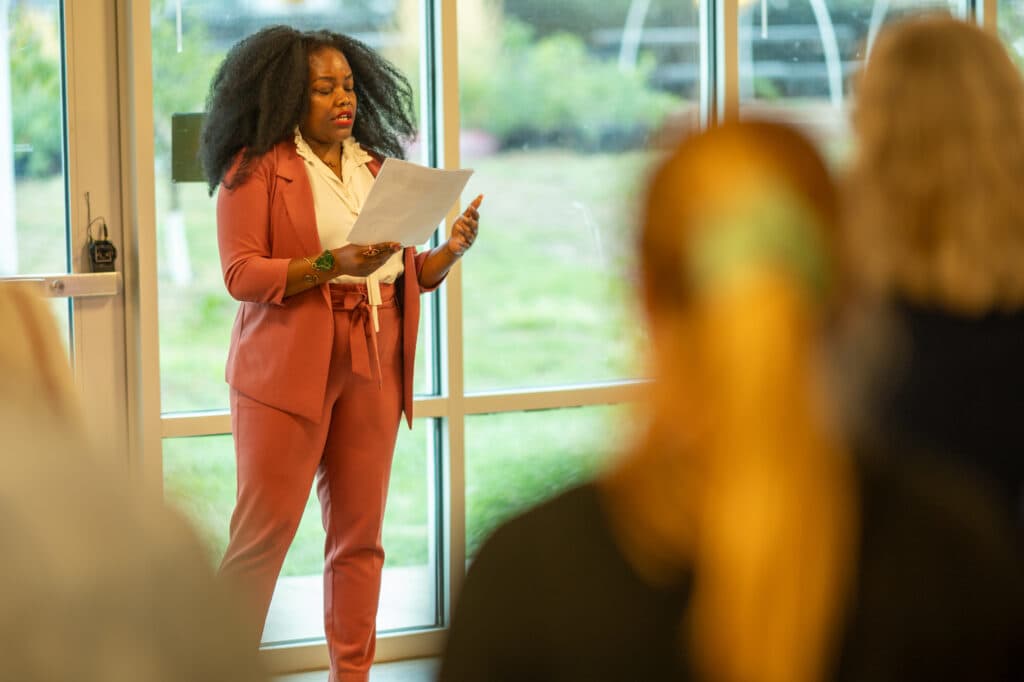
Lewis represents the area of Montbello where the school is located and helped one of the upset students out of City Council’s chambers during the Zoom interruption.
“I know all too well the courage it takes to not only stand in your power but to speak courageously when facing true and utter hate,” she said. “I am excited to see these girls step into their power, continue to speak from their hearts and lead in their courage.”
For the adults involved, the yurt brings lessons in civic engagement.
“Obviously it's terrible that it happened,” Pretty said. “It was a bad experience for the kids and for all of us. It was ugly.”
But the Montessori leader said the outcome shows the power of local governance.
“I know that if they had not come and spoken to the City Council and had the City Council not been involved, we would not have this yurt,” she said. “That actually demonstrates how important our local government is.”
Pretty said she understands if some parents would not want to bring their children to public comment in the future. But with much political attention focused on the national stage, she plans to encourage future generations of students to use their voice closer to home.
“It's also nice to know, no matter what happens in Washington, there is also this local government that actually impacts us more on our day-to-day basis,” she said. “I don't think I've ever quite realized that as much as I realized it as we've gone through this.”
As for Maven and Carey, the experience strengthened their resolve to advocate for their community.
They’re involved in things like their church and the organization Families Against Violent Acts. Carey said that when she grows up, she wants to be a judge.
“As a parent, we had to sit down and explain to her [Carey] that… some people in the world are still cruel, and so you know that doesn't mean that you get a bitter heart, and you still love each other like you love your neighbor,” Maven said. “So what she got out of this is, stay rooted to who you are, stand on your goals and your morals, and always respect yourself.”

